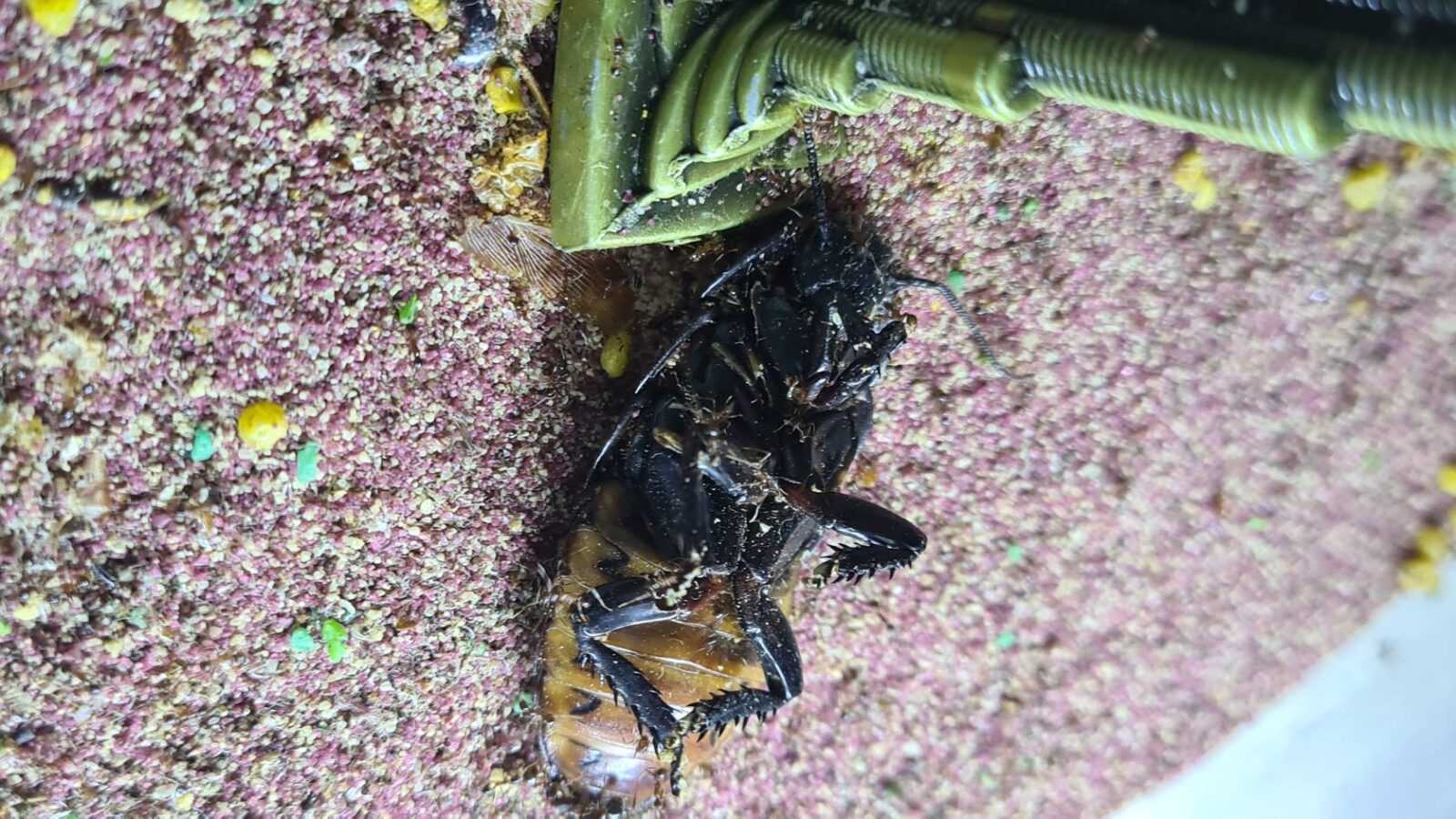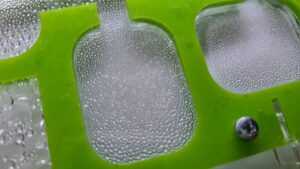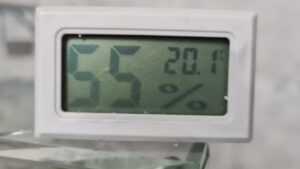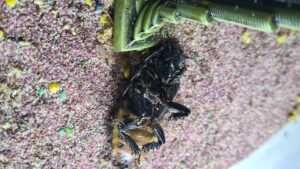Why ants develop poorly or die

Although ants (especially the most common ones – Messor, Lasius, Tetramorium, Serviformica, Tropical Camponotus) cannot be called difficult farm animals, sometimes difficulties arise with them. Primarily for beginners who have just begun to understand the basics of growing ants. The worst problem (apart from the death of the queen, of course) that domestic ants can face is the dying out of the workers and the lack of offspring.
Why do ants die? There are many reasons, in addition to banal old age: diseases, parasites and the human factor – mistakes when breeding ants. Much has been written about how to properly breed ants, but most novice growers still achieve the excellence of breeding by trial and error. We have compiled the main causes of death of ants and options for solving the problems. How can I prevent the loss of my favorite colony, what to do when ants die, and what should not be done in such cases?

1. Improper humidification of the ant farm
Ants are highly dependent on air humidity, therefore an optimal microclimate is always maintained in the natural chambers of the anthill. For this, the farm has a humidification system to which you need to periodically add water. But here you need to know when to stop pouring water.
In the first case, your animals will suffer dehydration: first, the eggs will be destroyed, then the larvae and pupae will die. Adult individuals, depending on the species, can withstand low humidity for a long time, but they will eventually die too.
In the second case, the ants can simply drown when excess waterfalls into the chambers. Long-term watering causes the growth of algae, which spoils the appearance of the ant farm, as well as the development of pathogens: fungi (mold), bacteria, parasitic mites, each of which is capable of destroying the colony.
Troubleshooting: the ant farm should be moistened to keep the sponge wet, and follow the instructions if included.

2. Problems with temperature in an ant farm
Mismatch of the temperature to the temperature requirements of a particular species, sudden and rapid changes – all this can lead to a violation of the development of ant colonies and their extinction. In the absence of heat, development is much slower; with excess heat, the ants age and die quickly. As a side effect, condensation formed on the sight glass during sudden temperature changes and the drying of plaster at high temperatures can be considered. Tropical species require higher temperatures than temperate ants.
Solution to the problem: when buying ants, learn about the basic temperature requirements of the species. For example, for a Messor structor, the comfortable temperature is + 20-28 degrees Celsius. At lower temperatures, the brood will develop slowly or disappear completely, and with a critical drop (below +15), reapers will become almost inactive) and tropical ants will die. If the temperature exceeds +28, the life of the workers will be significantly reduced (the temperature of +35 degrees and above is fatal to most domestic ants, even tropical ants). Use a thermal mat to keep your farm warm. Do not allow sudden changes in temperature, do not put the farm in a draft, near a window or heating devices.

3. Accidental introduction of pathogens to an ant farm
Pathogenic organisms trapped in formicaria can destroy life in it in just a few weeks. Best of all, pathogens will thrive in violation of normal detention conditions. Most often, parasites enter the farm with decorations and food. As with other problems, this is easier to prevent than to fix.
Solution to the problem: mandatory disinfection of natural decor – stones, branches, snags. Feeding with organisms grown at home and specially intended for this (cockroaches, crickets) or, if you use insects from nature, you need to collect species that live in open spaces that are not in contact with decaying organic matter – butterflies, caterpillars, dragonflies, horses field, mosquitoes, flower flies.
4. Poisoning ants
Poisoned ants die in large numbers and for a short period of time. Most often they go out into the arena, try to climb the walls, fall and convulsions. Why do ants die in this case? Because a toxic substance got into their body. These can include insects poisoned with insecticides, melamine sponges unsuitable for incubators, toxic plastic that is part of decorations or Chinese ant farms, fermented syrup and rotten fruit.
Solving the problem: first of all, it is necessary to establish the exact cause. In case of food poisoning, ants do not need to be fed for several days, leaving only clean water and quickly remove the corpse from the arena. If the decorations turn out to be toxic, they must be removed, and in the case of a farm, you must get rid of the farm and immediately move the ants to a new home. Buy ant farms from reputable companies, use natural (anti-parasitic) decorations, feed insects that are bred at home.
5. Improper feeding of ants
The diet of ants can be conditionally divided into 2 components: carbohydrates and protein, since the influence of vitamins and trace elements on the condition of the inhabitants of the anthill is so far at the research stage. Carbohydrates are mainly consumed by adults for energy purposes, protein is intensively absorbed by the larvae for growth and development, and by the mother to cover the protein costs associated with egg production. Not all ant species need both components equally, and the sources of protein and carbohydrate vary. If there is no balance between them, it leads to the ants failing to develop, refusing to eat and dying. The same thing happens when feeding unfamiliar food: reaper ants poorly absorb carbohydrates from sugar syrup (which, with a high concentration and the absence of a drinking bowl, also causes dehydration) because they are used to getting everything they need from the seed.
Troubleshoot the problem: Before buying a particular species of ant, find out its nutritional requirements. In case of delayed development or cannibalism, the protein content of the diet should be increased.
Almost any problem in ant care that can cause colony growth and worker death can be prevented if detected early. Even if everything is bad, it is still possible to save the animals. But usually, after a neglected accident, very few ants remain on the farm. If the problem is resolved and there are only 10 ants left, the only thing that cannot be done is to leave a handful of workers in the formicaria. A small number of specimens on a large farm are inconvenient, unused space scares them, they do not go out into the arena, they do not take out the garbage, which may cause an outbreak of the disease again. They should be transferred back to the incubator tube, where it is much easier to maintain stable conditions.

